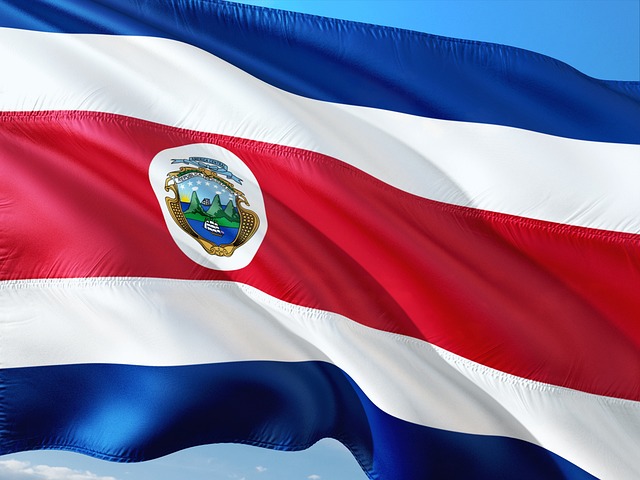Gestational surrogacy abroad requires understanding diverse international legal frameworks and cultural considerations for a secure process. Intended parents should research eligibility criteria, residency rules, and psychological assessments mandated by each country. Choosing a surrogate involves medical screening, legal requirements, emotional compatibility, and cultural alignment with expert guidance from specialized agencies. Post-birth procedures include securing legal documents, enrolling the child in school, and accessing healthcare through supportive services for a seamless transition.
“Exploring Gestational Surrogacy Abroad: A Comprehensive Guide for International Families. Many intended parents are turning to gestational surrogacy abroad, navigating a complex yet rewarding journey. This article delves into the intricacies of this process, offering insights on understanding international gestational surrogacy, legal considerations, and choosing suitable surrogate mothers. We guide you through post-birth procedures, ensuring support at every step. Discover the options, requirements, and considerations for successfully welcoming your family through global surrogacy.”
Understanding Gestational Surrogacy Abroad
Surrogacy, particularly gestational surrogacy abroad, has become a growing option for intended parents worldwide seeking to build their families. Unlike traditional adoption or using a donor egg or sperm, gestational surrogacy involves carrying and delivering a child by a surrogate mother who is not genetically related to the intended parents.
When exploring gestational surrogacy abroad, it’s crucial to understand the legal frameworks, cultural norms, and medical practices unique to each country. Many countries have specific regulations regarding surrogacy agreements, the role of the surrogate, and the rights of all parties involved. Thorough research and consultation with experienced professionals are essential to ensure a safe and legally sound journey for both the intended parents and the surrogate.
Legal Frameworks and Requirements for International Surrogacy
When considering gestational surrogacy abroad, it’s crucial to understand the legal frameworks and requirements that govern this process in different countries. Each nation has its own set of regulations and guidelines regarding surrogacy, which can vary widely from one place to another. Intended parents must familiarize themselves with these laws to ensure a smooth and legally sound journey.
Many countries permit gestational surrogacy but have strict criteria for eligibility, including residency requirements, financial disclosures, and psychological evaluations. Some nations also mandate specific arrangements for egg donation, embryo storage, and medical procedures, all of which should be carefully considered. Additionally, legal frameworks often outline the rights and responsibilities of all parties involved—surrogate mother, intended parents, and medical professionals—to protect everyone’s interests throughout the surrogacy journey.
Choosing the Right Surrogate Mother: Considerations and Options
Choosing the right surrogate mother is a pivotal decision for international intended parents exploring gestational surrogacy abroad. It involves careful consideration of various factors, from medical eligibility and legal requirements to emotional compatibility and cultural alignment. Consulting with reputable surrogacy agencies that specialize in international placements can significantly streamline this process by providing access to diverse candidate pools, thorough screening procedures, and expert guidance on matching suitable surrogates with the intended parents’ specific needs and preferences.
When navigating gestational surrogacy abroad, intended parents should weigh options based on their country of origin, the surrogate’s nationality, and available legal frameworks. Some countries have more established surrogacy programs than others, offering better support systems and clearer legal protections for all parties involved. Additionally, considering a surrogate with similar cultural backgrounds or language proficiency can foster better communication and understanding, enhancing the overall experience for everyone involved in this remarkable journey towards building a family.
Post-Birth Processes and Support for Intended Parents
After a successful birth through gestational surrogacy abroad, the post-birth processes are crucial in ensuring a smooth transition for all involved parties. Intended parents should be well-informed about legal and medical requirements, including obtaining necessary documents such as passports, birth certificates, and power of attorney. Many countries have specific regulations regarding surrogacy, so it’s essential to work with reputable agencies that can guide them through these complexities.
Support services play a vital role in this phase. Reputable surrogacy agencies often provide ongoing assistance, offering resources for establishing parenthood, enrolling the child in school, and accessing healthcare. They may also facilitate connections with local support groups or community resources, ensuring intended parents feel supported and connected within their new environment.
Surrogacy, particularly gestational surrogacy abroad, offers a unique and rewarding path for intended parents worldwide. By understanding the legal frameworks, carefully selecting a surrogate mother, and navigating post-birth processes, international couples can successfully bring their dream family into reality. Choosing gestational surrogacy abroad provides access to diverse options, expert support, and a range of cultural experiences, making it an attractive and viable solution for building families.
